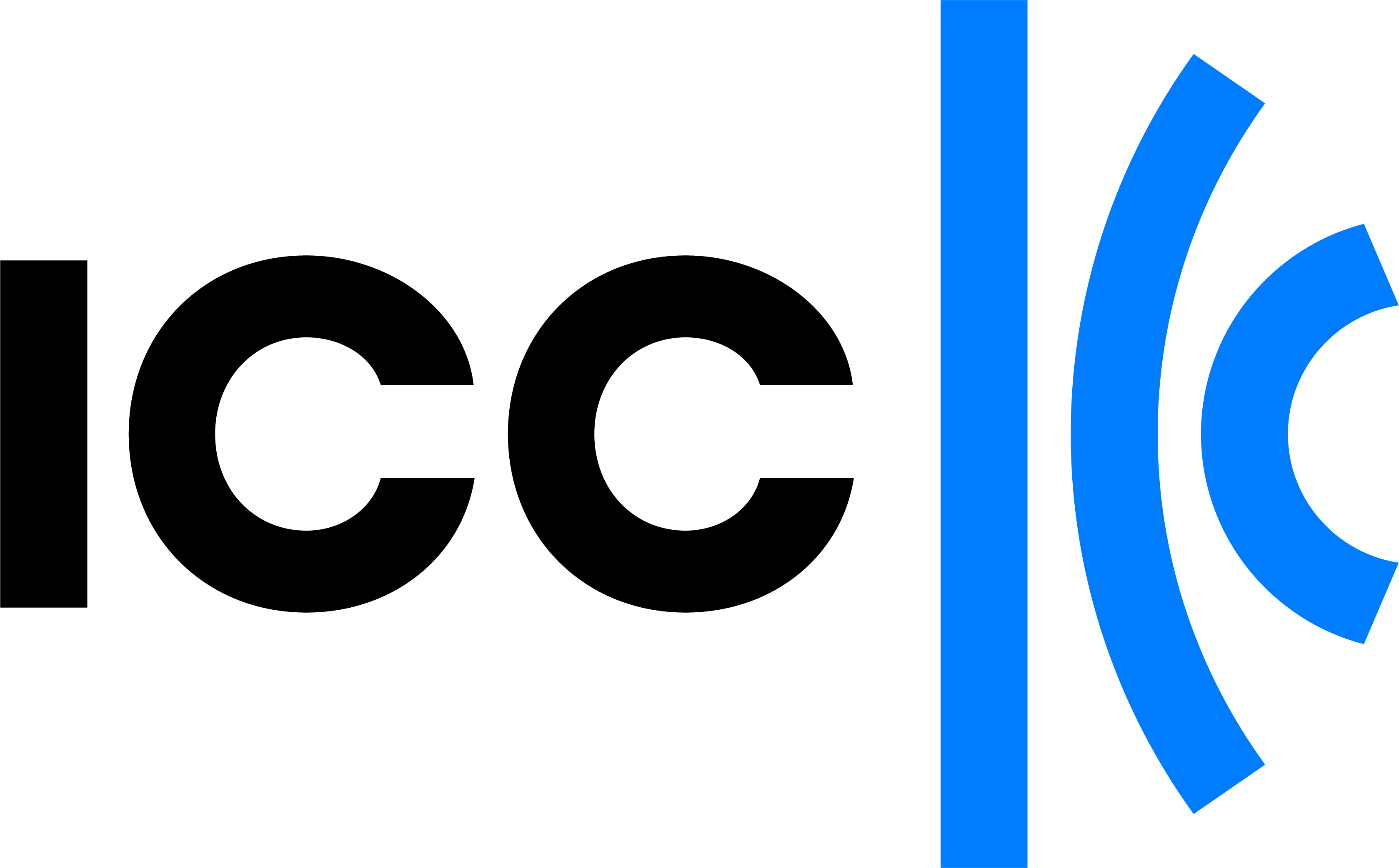Customers who bought this product also bought
E-Chapter from ICC Dispute Resolution Bulletin Procedural Decisions in ICC Arbitration
eBook
Price :
€12,00
Is Arbitration only As Good as the Arbitrator? Status, Powers and Role of the Arbitrator - Institute Dossier VIII
Book
Price :
€75,00

